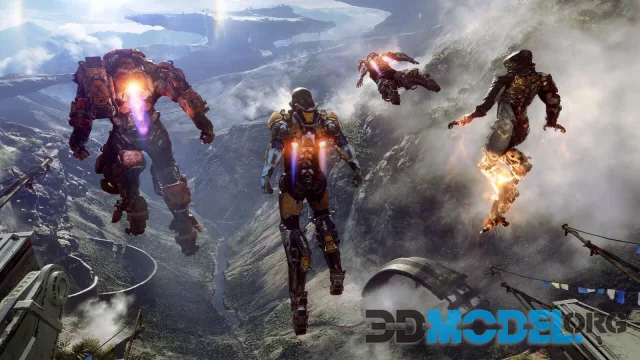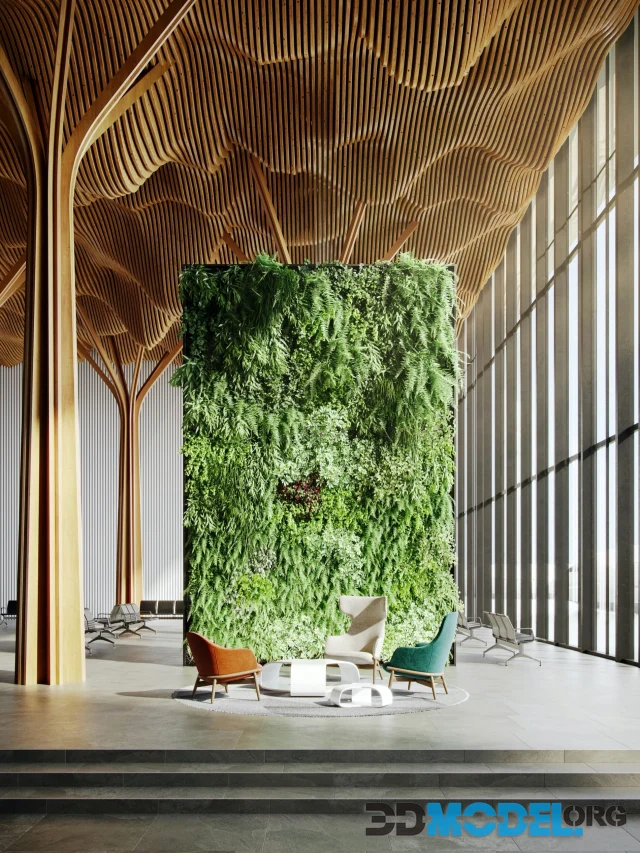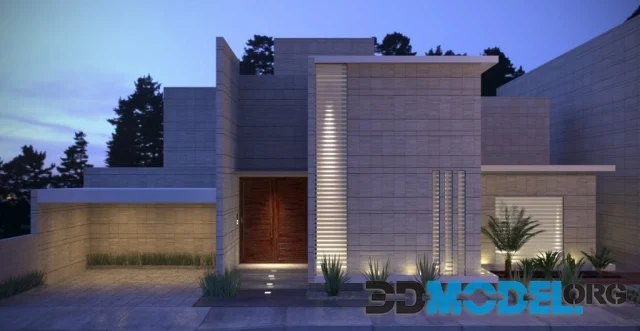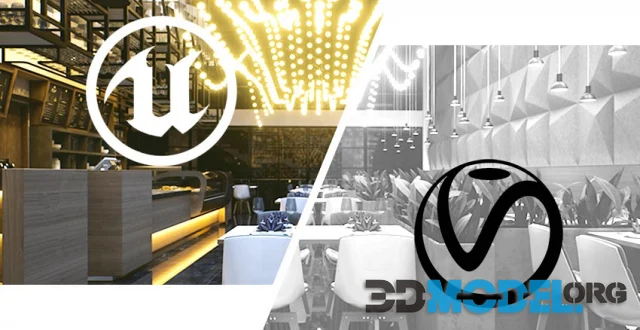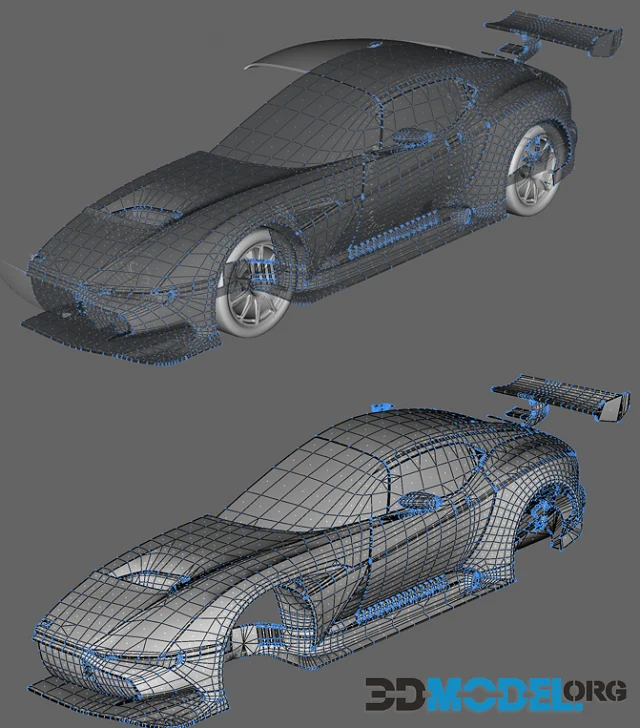RPG Maker: what is this engine and what does it do?
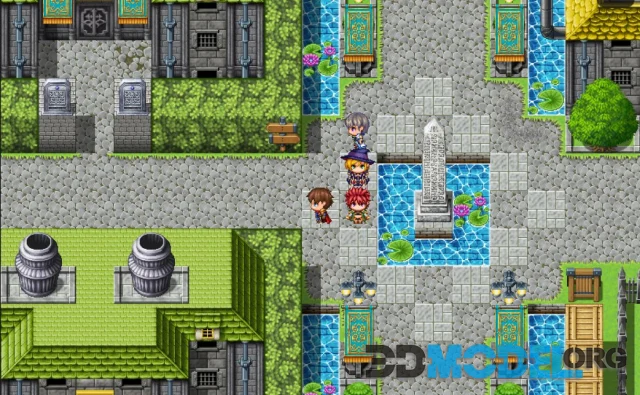
Probably, almost anyone who is interested in game development in one way or another, met many references to such engines as, for example, Unity and Unreal Engine. And it is no wonder, because these engines are very popular among game developers. They are used to create AAA titles. But what about independent video games?
The developers of indie titles often use very different game engines that allow them to make a great game with the minimal investment. One such game engine is RPG Maker.
The engine is designed to make games in the JRPG genre. At least that is its main purpose. But you can create games of different genres in RPG Maker - from ordinary puzzles to full-fledged dating simulations. Many newcomers to game development end up choosing RPG Maker because of the simplicity and speed that this engine offers when creating a game.
What versions does RPG Maker have?
There are actually a lot of them. They've been around since 1988, but these three are the most relevant at the moment:
- RPG Maker VX Ace
- RPG Maker MV
- RPG MZ
Also, RPG Maker Unite is scheduled for release in 2023, which will be combined with the Unity engine. Sounds impressive, doesn't it?
Features
With RPG Maker MV and RPG Maker MZ you can create games for a variety of platforms, be it Mac OS X, Android, iOS, etc.
The main language in the latest versions of RPG Maker is jаvascript. It allows you to develop complex plugins with which you can create a truly unique project. Previous versions worked on Ruby, which coped with this task much worse.
With RPG Maker, you can create the features you need in the editor and then load them into the plugins folder.
How does the RPG Maker work?
The process of creating a game with RPG Maker is pretty straightforward. But that doesn't mean there is a reduced functionality, and you can't implement any ideas - not at all. Just that it is equally well suited for beginners and professionals, satisfying the needs of everyone.
Each project on RPG Maker has a database, by default filled with various data, organized as categories:
- Attributes of main and friendly characters - their appearance, characteristics, equipment;
- Enemy attributes - their appearance, characteristics, equipment;
- Character statuses - various debuffs and buffs;
- Items - quest items, healings, weapons, etc.;
- Animations;
- Tilesets.
Player interaction with the game world is organized through game events. They are certain areas of the game world, which lay down scripts that change the game environment when triggered under certain conditions. These conditions can be, for example, the movement of characters, the activation of an object, etc. They can change the game beyond recognition - with them you can create a full, deep dialogue between characters, change the location, background music, textures, and much more. RPG Maker also has a loop and condition variable that allows you to create a full-fledged narrative - in fact, this is the part where you need minimal programming skills. The rest doesn't require any at all.
Such a system allows you to make the game more technological. For example, in order to create the original combat system, etc.
Another feature of the engine are different assemblies that can be used to develop the game. These are character sprites, and tilesets for creating locations, and much more. You can also find them on our website, if you visit the category of assets.
Despite the fact that RPG Maker is a fairly friendly engine that does not require any special programming skills, the development of the game can seem like a complicated process. And this is no wonder, because it requires the implementation of many aspects at once. From the developer is required to work competently with music and ambient, with gameplay and graphics. On our site you can find a variety of ready-made VFX effects, which will help you save time on developing your own effects. All the content on our site is created by professionals, so you'll be able to find something suitable for your own game project.
If you've already prepared all the materials you need for your game, but you're still not sure where to start developing - visit our blog. There's a good guide there to help you understand the basics.
Read more:
- 3D graphics: just about complicated
- Programming languages for game development
- From UE4 to Unreal Engine 5
Ctrl
Enter
Noticed a misTake
Highlight text and press Ctrl+EnterRelated news:
Comments (0)

